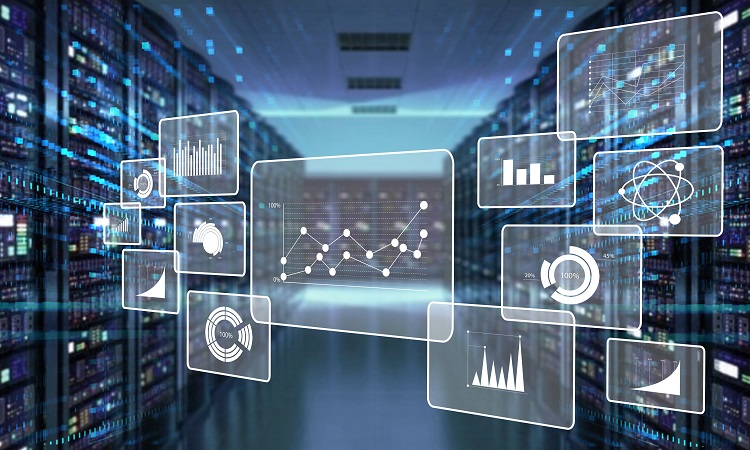The most well-known and practical technologies in the world today are artificial intelligence and big data, which give computing a new dimension through machine learning. Although Big Data only recently became popular, it has allowed individuals to analyze huge datasets, enhancing the potential of AI. According to a recent survey, 76.5% of participants think Big Data and AI are increasingly intertwined and aid in developing enterprises’ cognitive capabilities. Even though the two technologies operate differently, they function well together as AI needs mass data to generate intelligence. At the same time, Big Data makes a significant amount of data available to AI. This article explains the relationship between big data and artificial intelligence and how they work together to resolve enterprise problems.
How Does AI Enhance Big Data?
Integrating Artificial Intelligence and Big Data has brought about significant changes in how businesses operate across various industries. Combining these two technologies has given rise to numerous benefits transforming the business landscape.
Enhanced forecasting accuracy
Traditionally, companies based their estimates of the current year’s sales on data from the prior year. Using big data, organizations can spot patterns and trends early and know how those trends will impact future performance. This allows companies to make better decisions and improve forecasting accuracy. It is especially important in the retail industry, where seasonal forecasting accuracy can be improved by up to 50%.
Identifying and mitigating risks
By providing early visibility to potential risks and quantifying the exposure to risks and potential losses, companies can better anticipate, plan and respond to changes and safety concerns. Big data-powered models are also helping organizations identify and address customer and market risks as well as challenges emerging from unpredicted events such as natural disasters.
Acquiring new customers and retaining them
By monitoring consumer behavior patterns and recognizing their interests, firms can adjust their offerings to meet consumer demands more efficiently. As a result, businesses can increase brand loyalty, produce greater conversions, and identify trends earlier.
Complete view of the customer
Organizations can utilize the vast amount of data generated by customers’ digital footprints to gain valuable insights into individual customers. With the help of intelligent analytics tools that sit on top of data lakes designed to collect and synthesize data from different sources, companies can better understand their customers. This allows organizations to improve their marketing strategies and customer service, ultimately improving customer satisfaction.
Cybersecurity
With the help of big data-powered analytics, organizations can detect anomalies in system behavior. These systems can also comb through vast quantities of data to identify potentially fraudulent behavior and alert companies to cybersecurity threats that haven’t yet shown up in their own systems. It is crucial in today’s digital age, where cybersecurity threats are becoming more sophisticated and prevalent.
Industries Benefiting from Artificial Intelligence and Big Data
Marketing – Businesses are utilizing big data analytics and artificial intelligence to create marketing campaigns that target the appropriate audience with the appropriate information. Using content curation methods to improve corporate content requirements has produced a clear business proposition.
E-commerce – Businesses can provide users with customized experiences based on their purchasing preferences and past purchases. By utilizing intelligent chatbots, individualized recommendations, push notifications, and customized user experiences, services have been improved as a result.
Smart devices – They use AI for speech recognition and natural language processing to simplify people’s lives. Smart speakers are being developed by tech companies so that people may interact with them and control their houses remotely.
Manufacturing – This industry utilizes big data AI to streamline complicated and routine industry tasks, boost production, and lower risks. In the healthcare industry, AI-enabled healthcare allows patients to consult doctors from home while also lowering inpatient visits and giving quick and affordable treatment options to the general public.
Automotive – This sector has embraced AI, and autonomous car computers are being trained to make choices using deep learning models. AI now powers elements like accident detection features, GPS systems, radar systems, smart cameras, lane controls, and sensors.
Big Data and artificial intelligence work together in a complementary manner. Businesses must use these advanced technologies to maintain a competitive edge since AI and Big Data have the power to completely transform the way people work, learn, and live.




